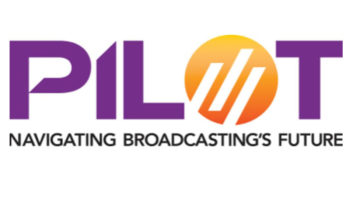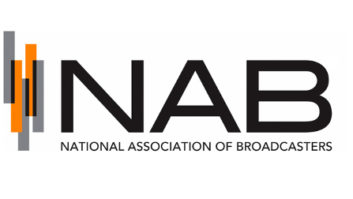The NAB attacks satellite localism
Jul 1, 2004 12:00 PM, By Harry Martin
As satellite-delivered radio services make increased headway in the marketplace, they are attempting to provide more locally oriented programming, presumably to attract listeners away from conventional radio stations. But the satellite services’ ability to do so has thus far been limited by past promises made to the FCC that the service would not be locally oriented.
In an effort to maintain this status quo, the NAB has asked the FCC for a declaratory ruling that would prohibit:
- Satellite Digital Audio Radio Service (SDARS) licensees such as XM Radio and Sirius Satellite Radio from delivering different programming content to specifically-designated receiver locations.
- SDARS licensees from broadcasting nationally any local services, such as local weather, sports, traffic and advertisements.
According to the NAB, SDARS licensees are currently developing the technology to vary content by receiver location. Such technology could potentially allow XM or Sirius to broadcast information to all of their customers’ receivers, and then play locally-oriented material selected out of that nationally distributed content based on GPS devices embedded into each individual radio receiver, or based on the subscriber’s unique customer number.
As of mid-May 2004, XM Radio began broadcasting continuous local weather and traffic reports over dedicated channels to 16 metropolitan markets (with plans to expand to 21 later this year). According to Sirius’s website, it now offers nine channels of weather and traffic covering 20 metropolitan areas.
In the early 1990s, when the FCC was considering authorization of SDARS, its proponents repeatedly told the FCC that they had no intention of offering local service to their customers. It seemed at the time that there was no way for satellite radio broadcasters to compete with existing local AM and FM stations, and the FCC did not even consider the study the NAB commissioned at the time, which purported to show how harmful competition would be to the existing local stations.
The NAB wants the FCC to stop XM and Sirius from doing what they do now –nationwide distribution of major-market traffic and weather to all subscribers–and prohibit them from developing or implementing new technology to deliver such information in a more sophisticated way.
According to the NAB’s petition, allowing SDARS licensees to continue along their present path will cause “either a loss of service [to AM and FM over-the-air listeners] or a need to find greater efficiencies in operations through increased consolidation.” In other words, the local broadcaster will either go out of business, or sell his or her station to a consolidator.
Some of the responses to the NAB’s petition suggest considerable support for SDARS. Some criticized broadcasters for what the commenters referred to as canned programming, blathering and too many commercials.
While it is premature to write off the future of terrestrial radio, the inroads that satellite services have made and appear intent on making cannot be ignored. If broadcasting is to survive the competitive attack from space, the radio industry should be focusing on how to assure that its programming remains more responsive to local needs than a satellite competitor ever could be.
FCC fines NCE-FM
The FCC has imposed a $13,000 fine on a New Jersey noncommercial FM for failing to operate from its licensed location and for failing to maintain EAS equipment. FCC agents inspected the Asbury Park station and found that the transmitting antenna was at neither the height nor the location specified in the station’s license. In addition, there was no EAS equipment to be found at the station. The station pleaded with the FCC to reduce the fine because it was a small noncommercial entity with limited financial resources � it even submitted a bank statement to support its pleas of poverty. The FCC showed no mercy, finding the single bank statement unpersuasive of an inability to pay.
Dateline
Radio stations in Illinois and Ohio must file their renewal applications, ownership reports and EEO program reports on or before Aug. 1, 2004.
Also on Aug. 1, stations in Iowa and Missouri must begin their pre-filing renewal announcements.
Martin is an attorney with Fletcher, Heald & Hildreth, PLC., Arlington, VA. E-mail[email protected].











